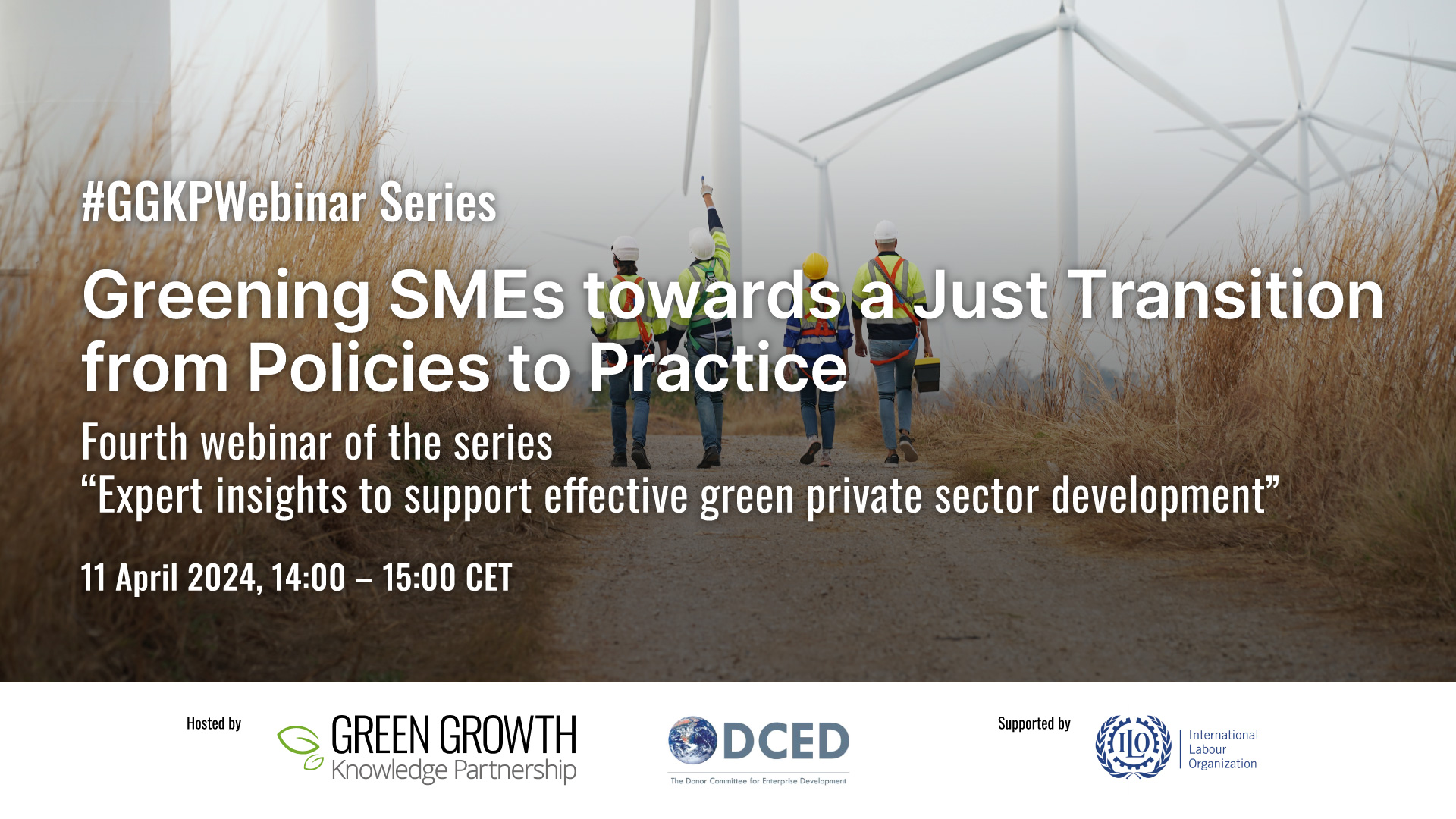Climate Change
Public - visible to all visitors to the platform.
Open to join - users can join this group without approval.
About this Discussion
According to the IPCC, the concentration of greenhouse gases in the earth’s atmosphere is directly linked to the average global temperature on Earth, and the concentration has been rising steadily. The most abundant greenhouse gas, accounting for about two-thirds of greenhouse gases, carbon dioxide, is largely the product of burning fossil fuels.
There is alarming evidence that important tipping points, leading to irreversible changes in major ecosystems and the planetary climate system, may already have been reached or passed. One of the most urgent challenges facing countries across the world today is how to achieve economic prosperity and development while also combating climate change.
The Paris climate change agreement commits nations to limit global temperature rise to no more than 2°C above pre-industrial levels, with countries pledging to cut or curb their greenhouse gas emissions – through a combination of mitigation and adaptation measures – by 2030.
Upcoming Events
Climate Change
Created a Post in Climate Change
Created a Post in Climate Change
Created a Post in Climate Change
Created a Post in Climate Change
Created a Post in Climate Change, Energy
Created a Post in Climate Change
Created a Post in Circular Economy, Climate Change, Industry and Social Innovation
Created a Post in Climate Change, Sustainable Finance
Created a Post in Climate Change, Sustainable Finance
Created a Post in Climate Change







